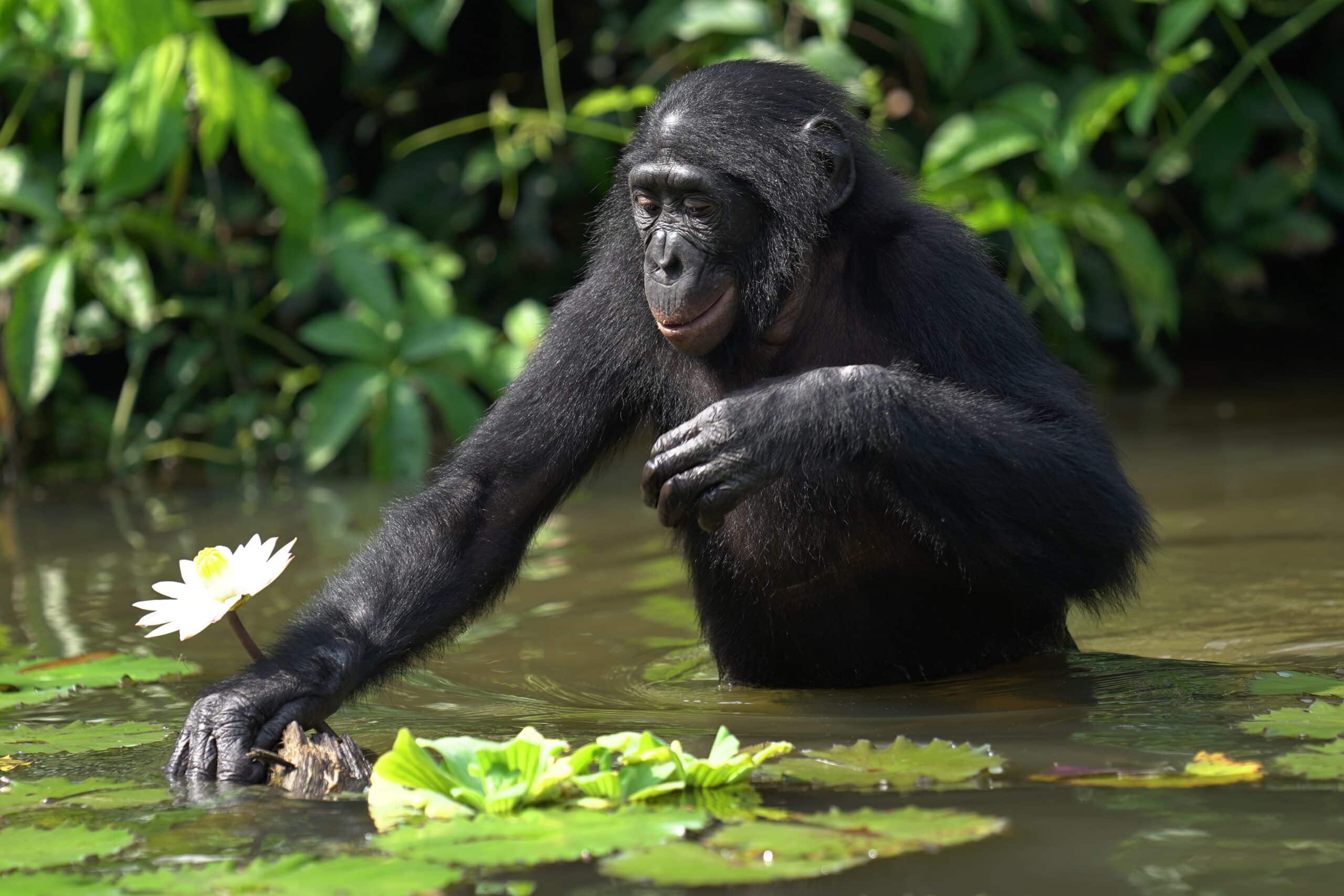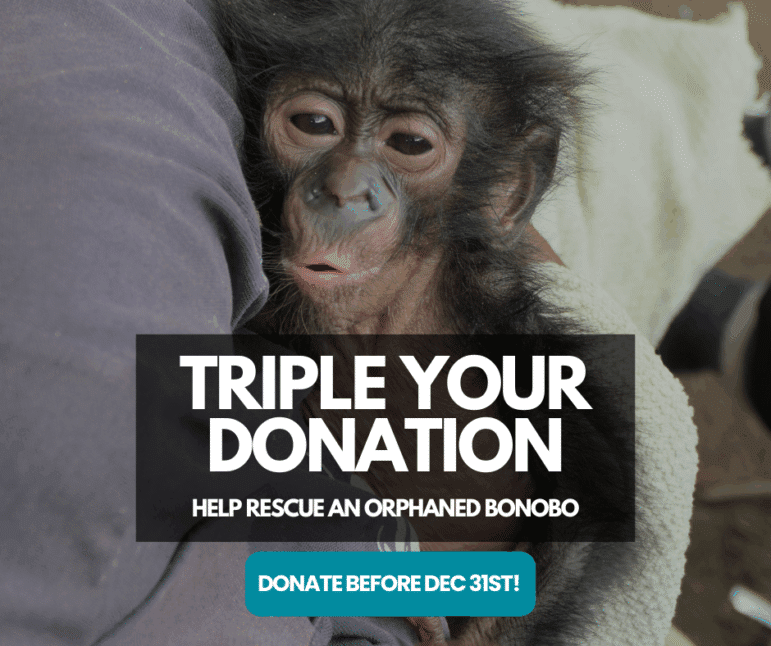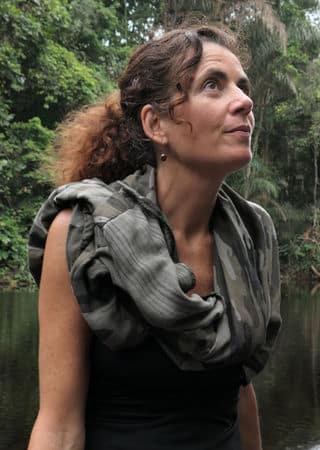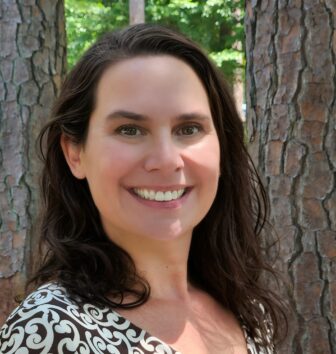Community Development
The root cause of the bushmeat trade is extreme poverty. We work with communities living near bonobos to build a better future through conservation instead of the bushmeat trade.
People-oriented conservation

The Democratic Republic of Congo is one of the poorest nations in the world. In the area around Ekolo ya Bonobo Community Reserve, people lack access to basic necessities like food, education, and health care. Bonobos are primarily killed for bushmeat – for food. To save bonobos, we must address community development and socio-economic needs.
From decades of rainforest conservation work around the world, we have learned that comprehensive, lasting change depends on local leadership and community engagement. Investing in the communities of Ekolo ya Bonobo not only supports people and bonobos, it also supports many other species, the rainforest, and the planet.
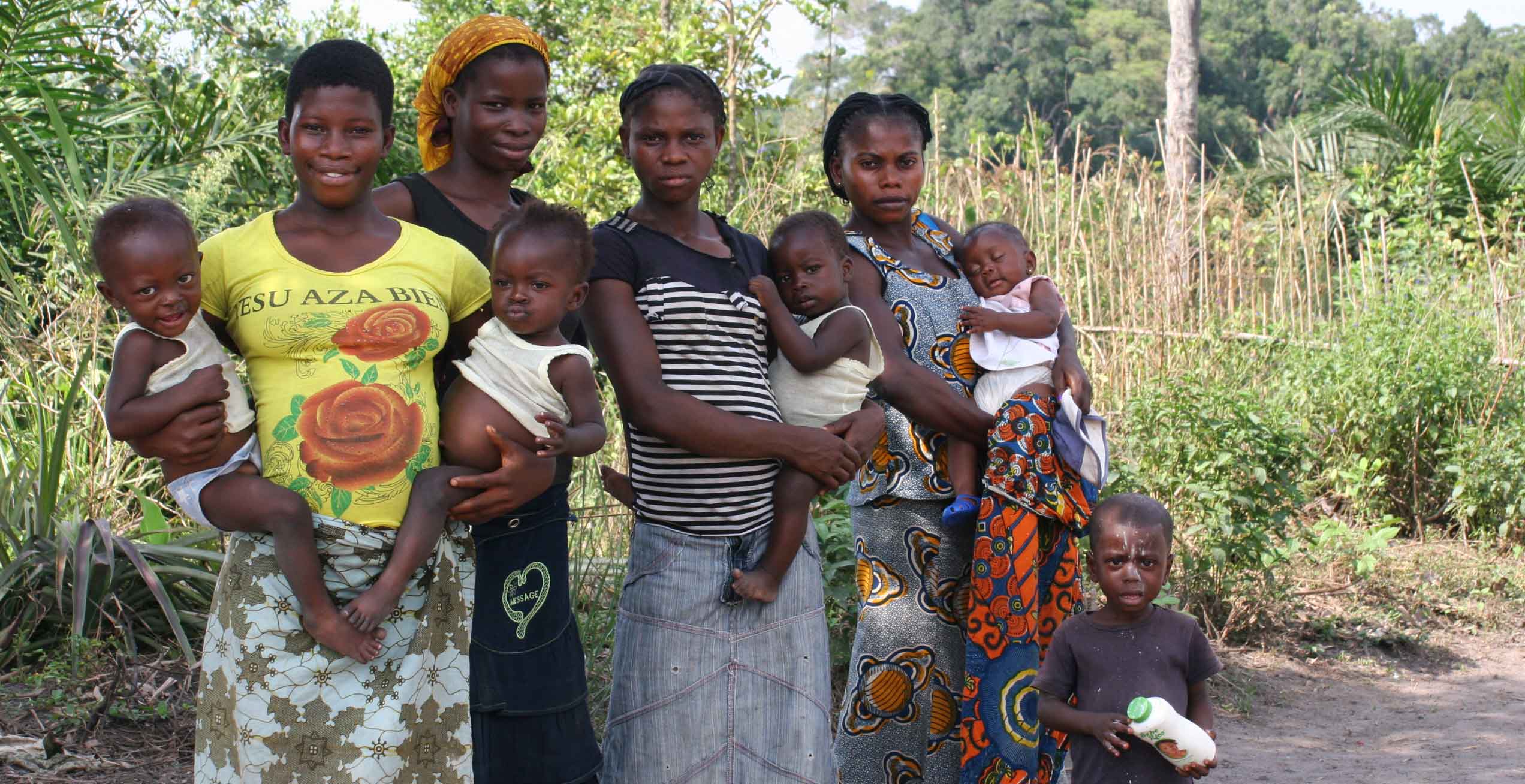
Improving Lives & Opportunities

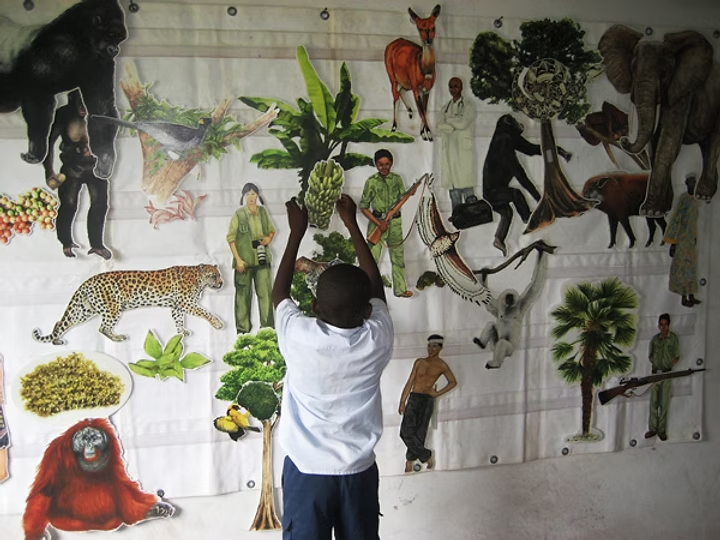
In Education
- School Buildings
- Supplies – benches, desks, notebooks
- Conservation education materials
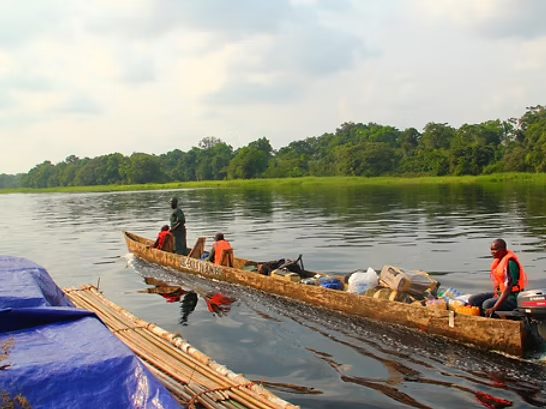
In Economic Development
- Ecotourism
- Jobs – 97% of our employees are Congolese
- Agriculture Workshops – Best practices for crops and livestock
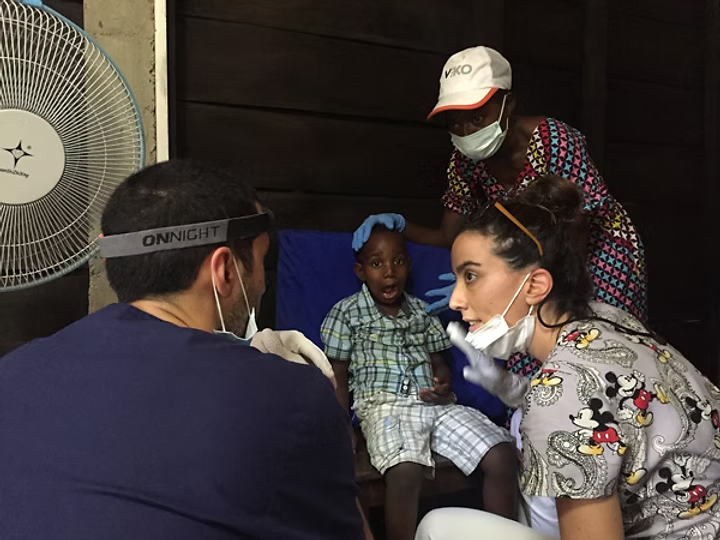
In Health
- Dental Clinics
- Women’s birthing center equipment
- Medications for pharmacy
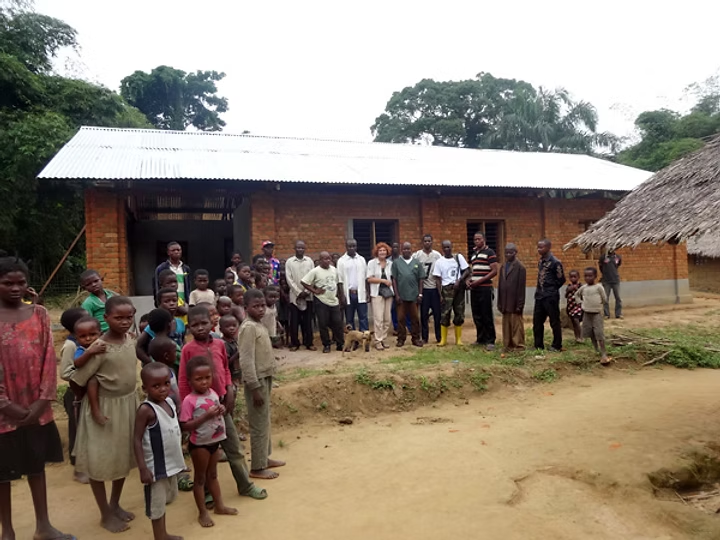
In Infrastructure
- New community building
- Medical clinic with electricity
Protecting Bonobos & the Rainforest

Ekolo ya Bonobo Community Reserve is a public-private partnership (similar to a land trust) between the Province of Équateur, Friends of Bonobos, and local communities. With rainforest habitat in decline, reserves like Ekolo ya Bonobo are critical for ensuring that wild animals have a safe place to live.
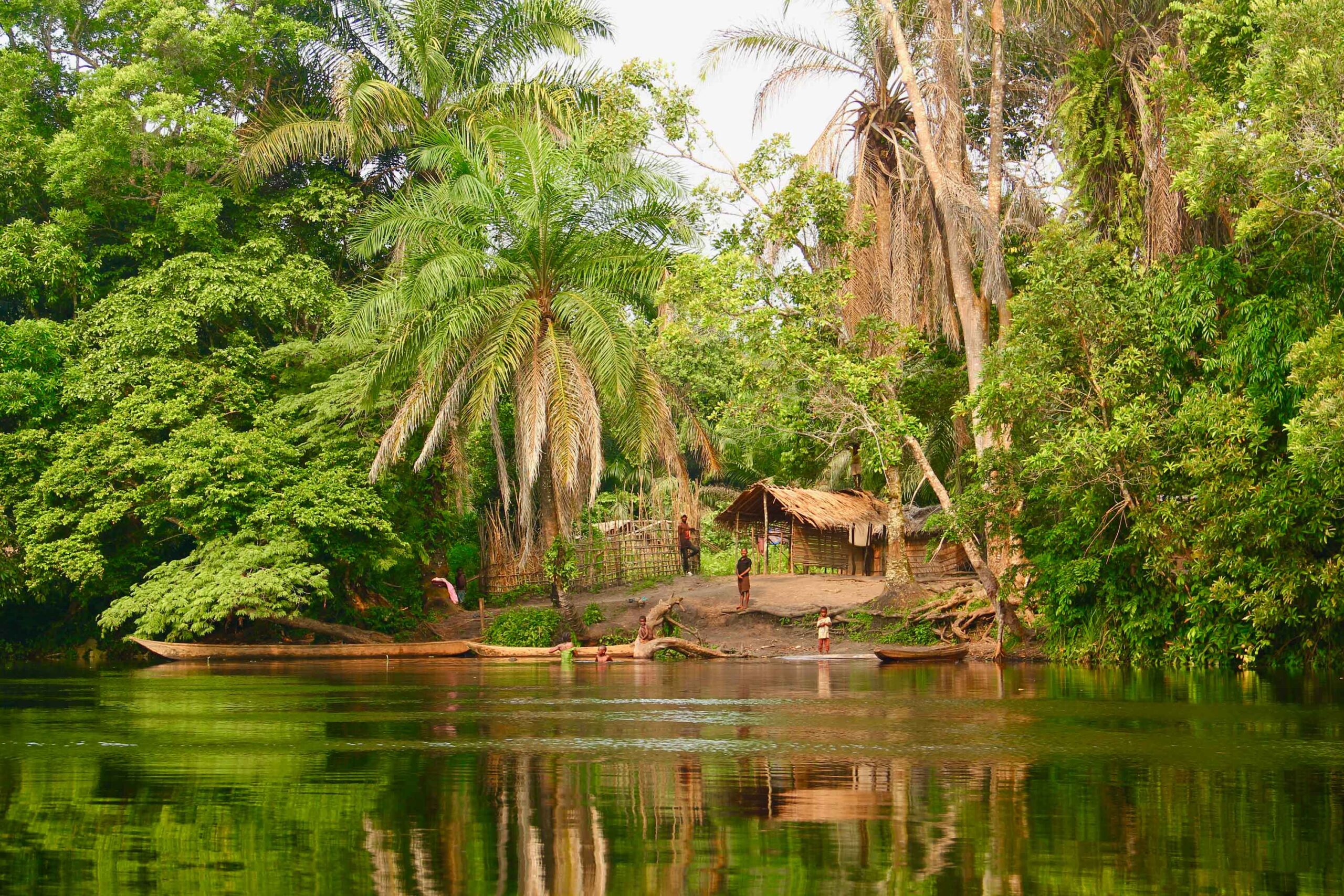
Local residents are critical partners in this conservation work. They protect and manage the forest and its resources to benefit both people and wildlife, guided by the belief that:
“Bonobos are the only 100% Congolese ape. We are proud to contribute to their protection.”
